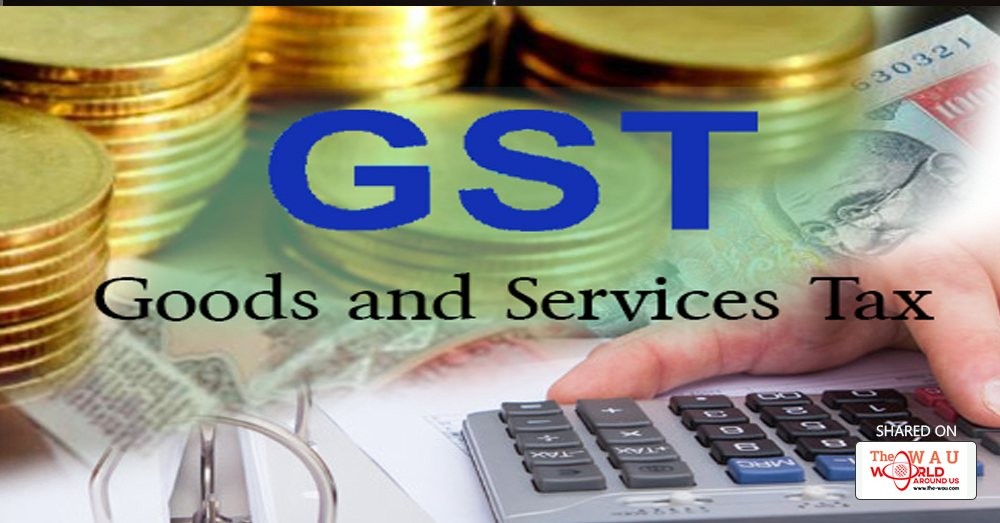What we buy, how we buy and why we buy are questions that have for long fascinated anthropologists. But GST is expected to add a new twist to the tale of Indian consumerism.
Under the new taxation regime fruits, vegetables, pulses, wheat, bread and rice are exempted from taxation even as chips, biscuits, butter, tea and coffee are attracting higher taxes. So, would that make families to make healthier choices at the supermarket?
Cited as the "single largest taxation reform" in independent India, GST is set to change taxation for every sector+ — from real estate to vehicles to consumer durables to branded goods to luxury items.
For a middle class family that earns between Rs 50,000-Rs 80,000 a month, the impact on the monthly budget will not be more than a few hundred rupees. For those earning in the Rs 1.75 lakh bracket, the purchase of luxury items and SUVs or sedans will not necessarily result in an increase of more than 2-4%.



While this is a rough estimate, individual likes and preferences might hold more weight as to which way the household budget might swing.
"For instance, ghee and tea are taxed higher. Now, if your budget includes substantial quantities of ghee, then you are likely to feel the pinch. It is still early though — it has not been made law. And many items have seen exemptions," says M R Venkatesh, a Chennai-based chartered accountant.
Among the list of items getting cheaper are chicken, oil, butter and bhujia (snack), while purchase of tea, coffee, masala powders, curd, cheese, biscuits, chewing gum, chocolate and ice-cream will be 1-5% more expensive.
At the top of the chart with the highest taxation increase are items like paneer, sweets and cornflakes. Tobacco, alcohol+ and petroleum continue to be exempted, allowing the state government to dictate rates.
Share This Post















